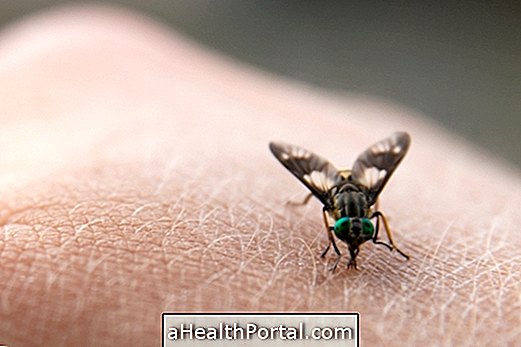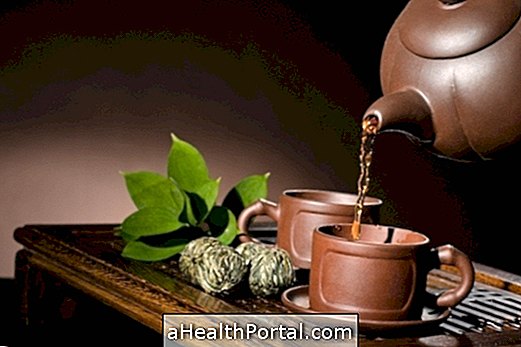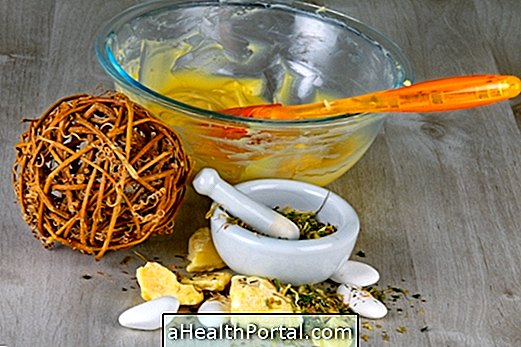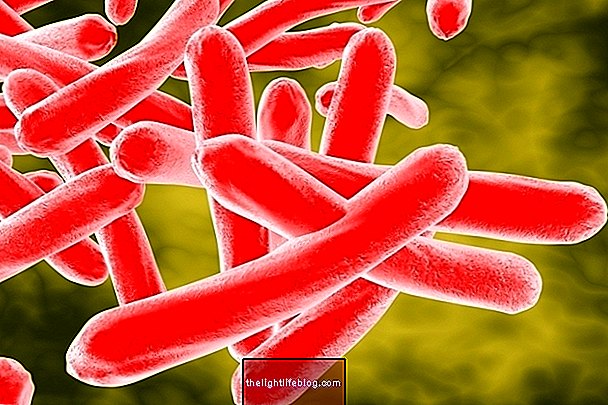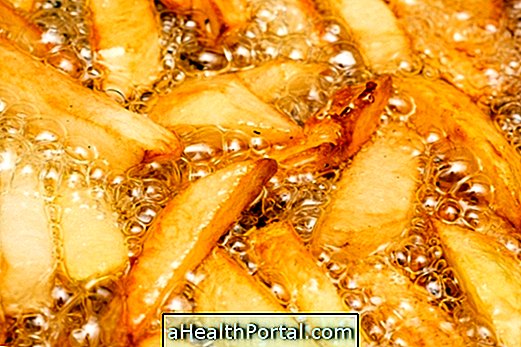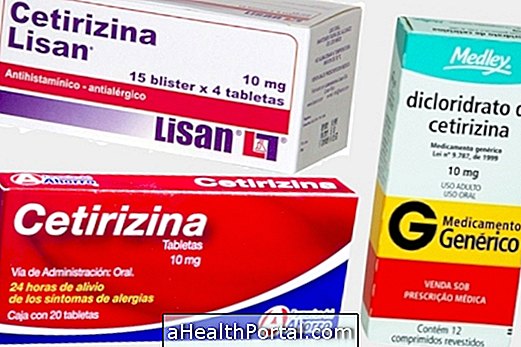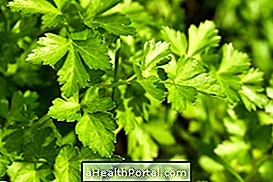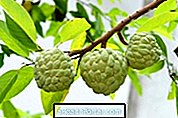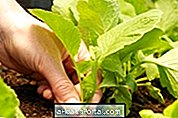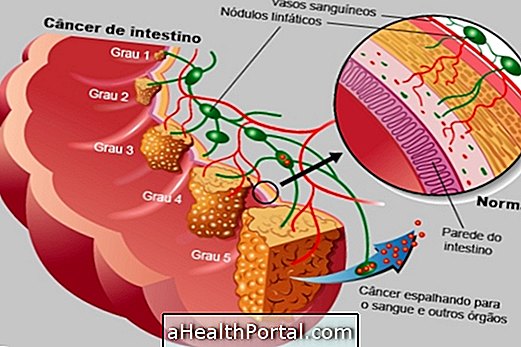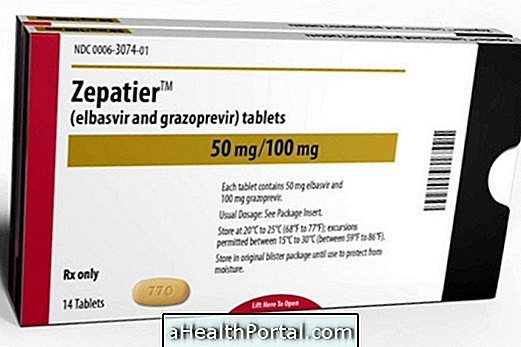Chamomile, mint, and also herbal tea are good examples of home remedies that can be used to relieve dengue symptoms because they have properties that relieve muscle pain, fever and headache .
Thus, they complement the treatment of dengue that must be indicated by the doctor helping to cure dengue faster since they are taken in the doses indicated in the table below.
Teas that combat dengue
Here is a complete list of the plants that can be used and the function of each one.
| Plant | Function | How to make | Amount per day |
| Chamomile | Fighting nausea and vomiting | 3 col. tea leaves dried + 150 ml of boiling water | 3 to 4 cups |
| Pepper mint |
Combat nausea, vomiting, headache and muscle pain | 2-3 col. tea + 150 ml of boiling water | 3 cups |
| Feverfew | Fighting the headache | - | 50-120 mg of powdered extract |
| Petasite | Fighting the headache | 100 g of root + 1 L of boiling water | Wet compresses and put on the forehead |
| Saint John's herb | Fighting muscular pain | 3 col. herbal tea + 150 ml of boiling water | 1 cup in the morning and another in the evening |
| Strong root | Fighting muscular pain | - | Apply the ointment or gel in the sore area |
The ointment or strong root gel and powdered feverfew extract can be found in pharmacies and natural food stores, and also on the internet.
Another tip is to add 5 drops of propolis in teas before drinking because it helps fight infections and treat pain and inflammation but it is important to avoid its use in case of allergy.
To know if you have allergy to propolis, you should drip a drop of this compound on the arm, spread it on the skin and wait for the reaction. If red spots appear, itch or redness, it is an indication of allergy and it is recommended, in such cases, not to use propolis.
Teas that you can not take in Dengue
Plants containing salicylic acid are contraindicated in cases of dengue, as they may weaken the vessels and worsen the symptoms of dengue and facilitate the development of dengue hemorrhagic fever. Among these plants are the willow, weeping, vetch, wicker, vimeiro, salso, rosemary, oregano, thyme and mustard.
In addition, ginger, garlic and onion are also contraindicated for this disease because they make it difficult to coagulate favoring bleeding and bleeding. See more foods that should not be consumed in: What to eat to recover faster from dengue.
Plants that keep mosquitoes away
The plants that remove the dengue mosquito are those that smell strongly, such as mint, rosemary, basil, lavender, mint, thyme, sage and lemongrass. These plants can be grown at home so that the scent helps to protect the environment against Aedes Aegypti, and care must be taken to prevent the vase from accumulating water. See tips for growing these plants at home.
The following video brings more tips on food and natural repellents for the mosquito.

